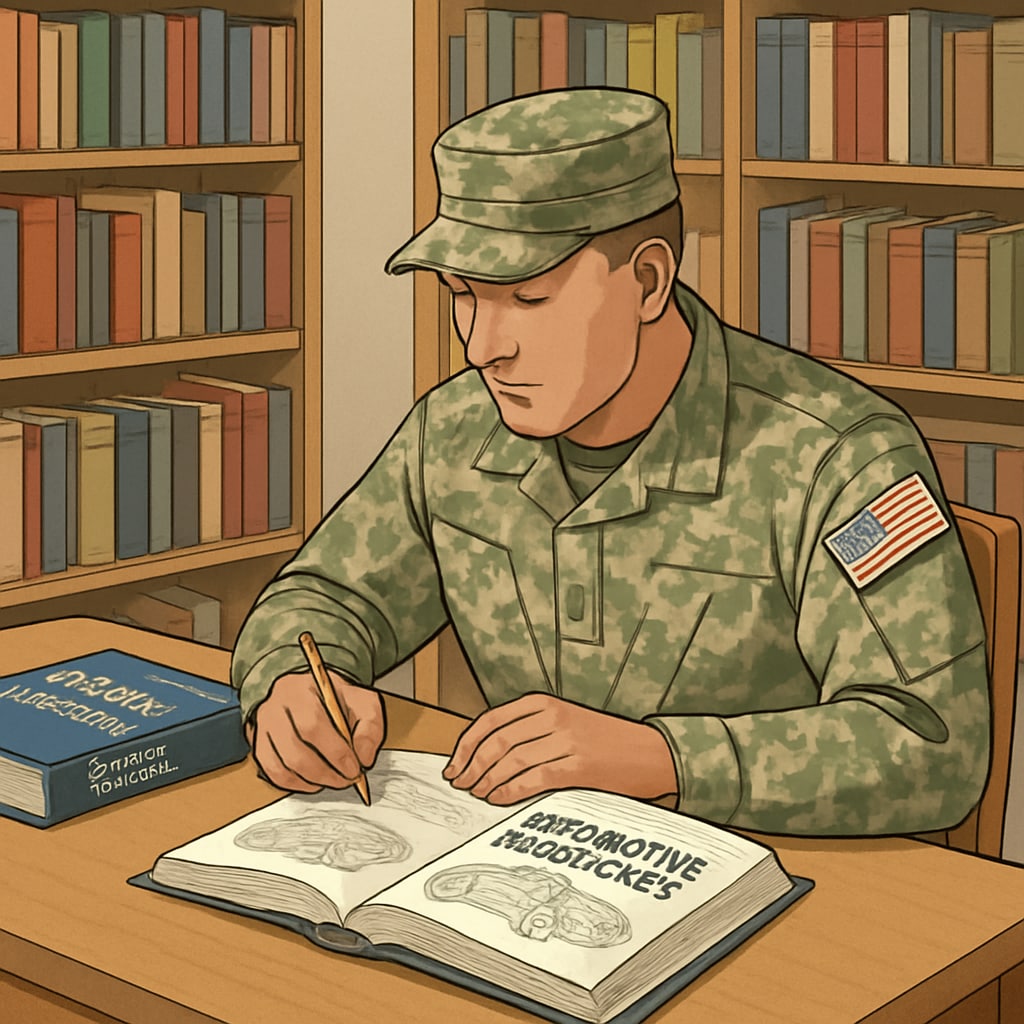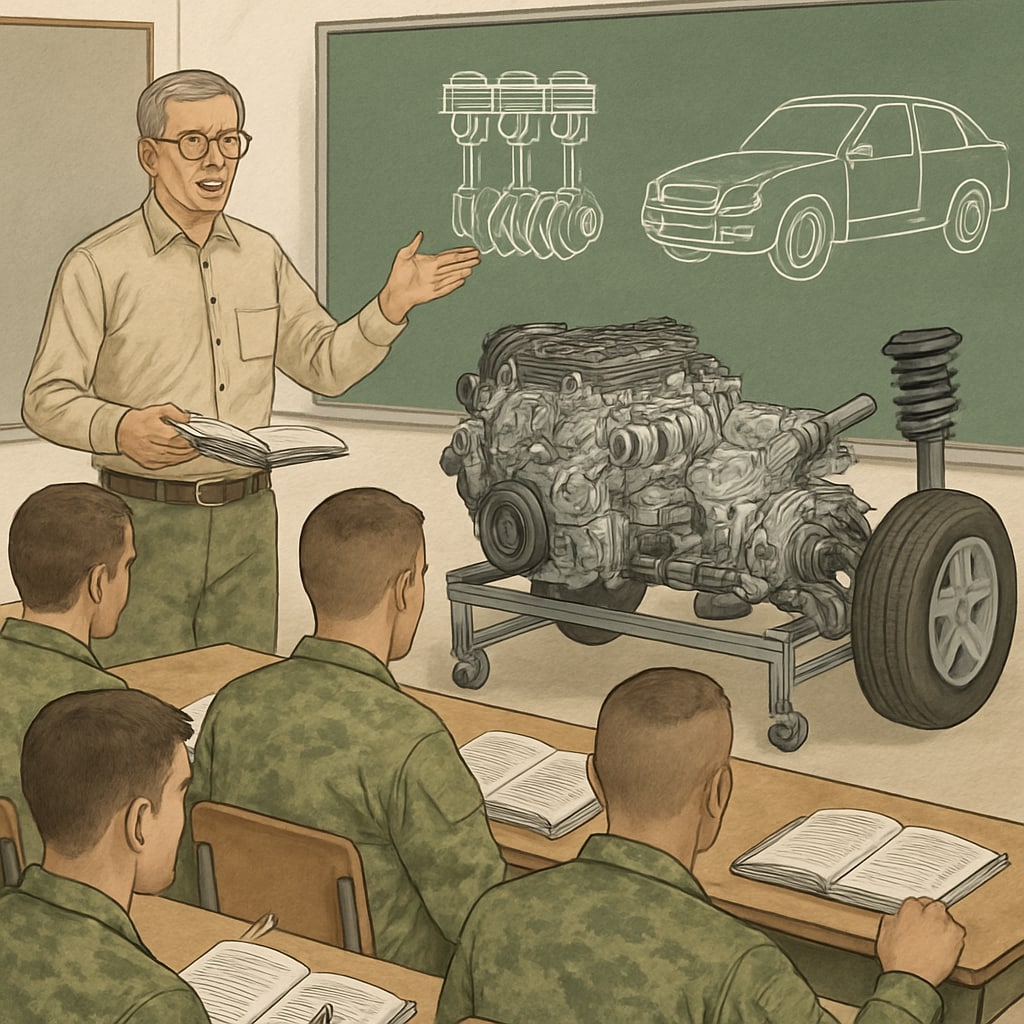Military personnel with an associate degree in automotive technology often seek ways to further their education and career opportunities. Transitioning to a bachelor’s degree program can be a strategic move, offering advanced knowledge and broader prospects. This article examines how those with an associate degree in automotive technology can leverage credit transfer systems, find compatible bachelor’s programs, and plan their educational paths effectively.

Understanding Credit Transfer Systems
One of the most significant advantages of having an associate degree is the potential for credit transfer, which can reduce the time and cost required to complete a bachelor’s degree. Institutions often evaluate military transcripts and associate degree coursework for eligibility. For example, the American Council on Education (ACE) provides guidance on translating military experience into academic credits, helping veterans save valuable resources.
When exploring bachelor’s programs, military personnel should inquire about articulation agreements. These agreements outline how credits from an associate degree transfer to specific bachelor’s programs. Researching schools with strong military support, such as those participating in the Yellow Ribbon Program, can also simplify this process.

Choosing a Compatible Bachelor’s Degree
After completing an associate degree in automotive technology, the next step is identifying bachelor’s programs that align with your prior education and career goals. Some popular options include:
- Automotive Engineering Technology: This degree builds upon automotive technology foundations with an emphasis on design, manufacturing, and testing of vehicles.
- Mechanical Engineering: While broader in scope, mechanical engineering can open doors to advanced automotive roles and innovations.
- Business Administration: For those seeking leadership roles in automotive companies, this degree can provide management and entrepreneurial skills.
- Industrial Technology: Focused on applied engineering and advanced manufacturing processes, this program complements automotive expertise.
Choosing the right program depends on personal interests and long-term career aspirations, such as entering research and development or managing automotive fleets.
Career Opportunities After Graduation
Completing a bachelor’s degree unlocks diverse career opportunities in the automotive industry and beyond. Graduates can pursue roles such as:
- Automotive Design Engineer: Innovating vehicle layouts and systems.
- Production Manager: Overseeing efficient manufacturing processes.
- Fleet Operations Supervisor: Managing large-scale vehicle operations.
- Technical Consultant: Providing expertise on automotive technologies.
In addition, military veterans often bring unique skills such as discipline, leadership, and problem-solving, which employers highly value in technical roles.
Conclusion: Planning Your Educational Journey
Transitioning from an associate degree in automotive technology to a bachelor’s degree is a pivotal step for military personnel seeking advanced education and career development. By utilizing credit transfer systems, selecting compatible programs, and aligning education with career goals, veterans can maximize their potential. Institutions with strong military support and flexible learning options provide an excellent foundation for this journey. As a result, veterans can confidently advance in their professional lives while building on their military and technical expertise.
Readability guidance: Short paragraphs and lists simplify complex information. Active voice ensures clarity, while transitional words improve flow. Plan your education systematically to achieve success in both academic and career pursuits.


